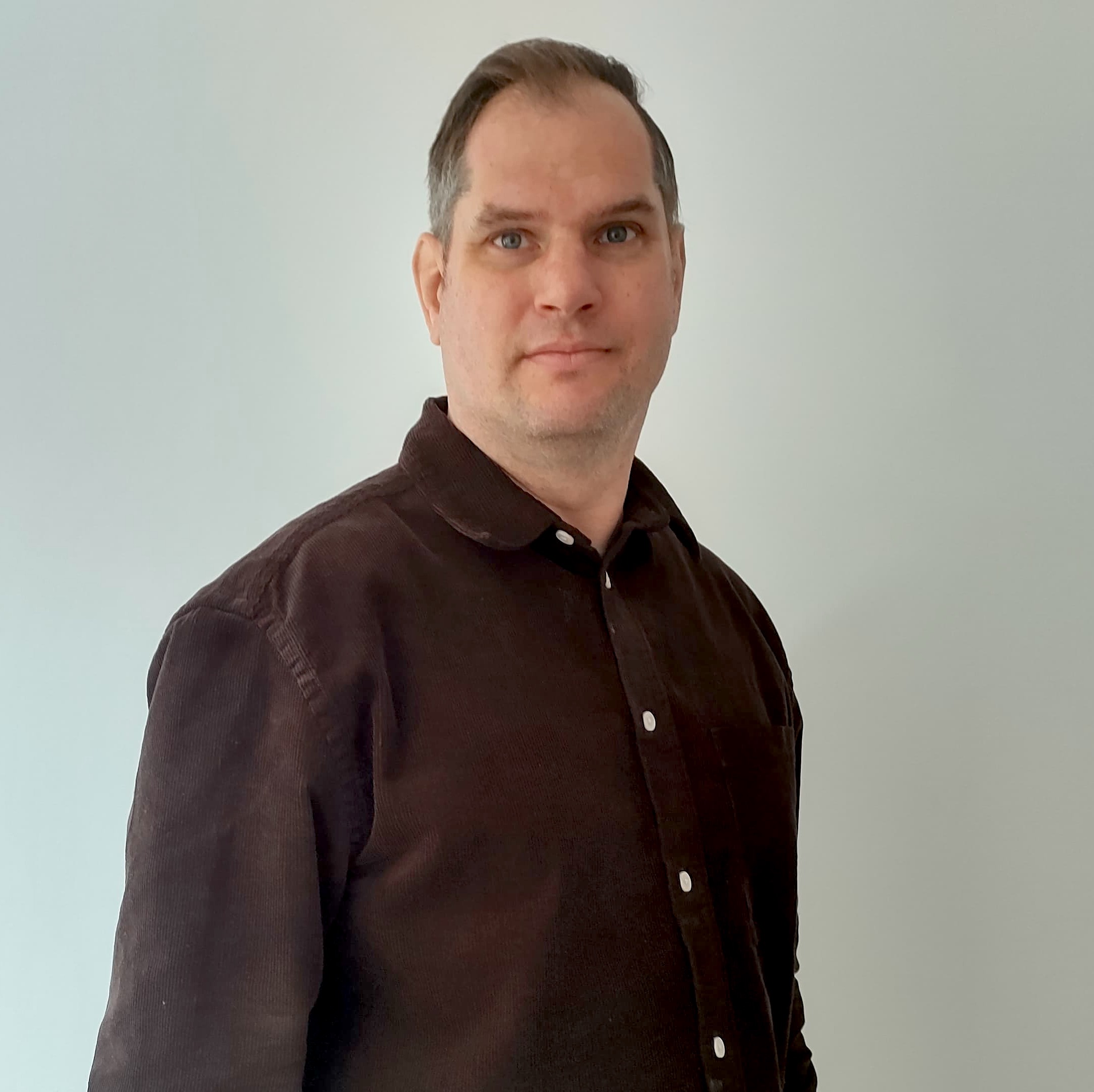Students Speak: How I Navigate College Life With OCD
I’ve dealt with OCD for a good portion of my life.
Short for obsessive-compulsive disorder, OCD is a mental health condition that affects around 2.2 million Americans — and it can be highly debilitating. Many people associate it with an extreme need to clean or organize. Although this can be accurate for some, other aspects of this disorder receive hardly any attention.
In the simplest of terms, OCD revolves around obsessively “checking” certain elements within your life to make sure they’re OK.
I frequently have intrusive thoughts, which can severely tamper with my entire day. Some examples of these thoughts: “What if I don’t love my boyfriend?” “What if everyone hates me?” “What if I’m not who I say I am?” These are questions that live in my head on a day-to-day basis.
Even if not diagnosed with OCD, many people have intrusive thoughts. For people with OCD, it makes them latch onto their ideas, triggering an immense amount of anxiety.
With obsessions come compulsions as well. Compulsions are actions that people feel a need to complete until it just feels correct. Every night, I make sure my front door is locked by pulling at the door handle repeatedly until it feels correct. Right before I go to bed, I open my Clock app to make sure my alarm is set to 7:00 a.m. Then I check again and again until I know I’ve checked it correctly because it just feels correct.
For people with OCD, these acts are repetitive, and they can get in the way of everyday tasks. For me, they’ve become so ingrained in my daily routine that I don’t even recognize them happening anymore.
“Many people have intrusive thoughts. For people with OCD, it makes them latch onto their ideas, triggering an immense amount of anxiety.”
Throughout college, my OCD has been particularly heightened. I also have generalized anxiety disorder. In many instances, both of these conditions tend to set each other off in times of stress.
In my first year of college, I was extremely overwhelmed and homesick. I didn’t feel like I had found my place in college yet. Because of this anxiety, both my obsessions and compulsions heightened significantly.
I often felt isolated from my friends, which made me constantly question whether or not they liked me. Every day my mind would ask me, “What if your friends actually despise you?” These intrusive thoughts had such a deep hold on me during my first year. I pushed myself to focus obsessively on my schoolwork to distract myself from these terrifying thoughts.
In my second semester, the pandemic emerged very suddenly, along with the very sudden loss of my Mimi. She was not only my grandmother but also one of my best friends. Growing up, we did everything together, so this loss impacted me greatly. These drastic changes caused me to stay home my entire second year of college, where I was trapped with my own thoughts and feelings.
That summer was easily the most challenging time of my entire life. Although I was able to be with my family during those tough times, my OCD was getting much worse due to the stress surrounding those difficult moments. My intrusive thoughts instilled a sense of doubt in my head about my other relationships.
At this point, my boyfriend and I had been together for three years. We could not see each other during quarantine, so I only had my family to rely on. I was excited to be with them, but because of my excitement, my mind would ask me, “What if you don’t love your boyfriend since you’re OK with not having him immediately next to you?”
This question began living in my mind every moment of every day. It got to the point where I felt numb yet extremely emotional every single day. The anxiety I developed from both the pandemic and the grief made my OCD unbearable. I was panicked and crying every day, scared that I didn’t love a man who had been nothing but amazing to me for three years straight.
“I often felt isolated from my friends, which made me constantly question whether or not they liked me. Every day my mind would ask me, ‘What if your friends actually despise you?’”
OCD frequently finds a way to make you doubt everything, whether that be with obsessive thoughts or compulsions. At that point in my life, it wanted to make me question my relationship because it was something I knew made me happy. My mind wanted to “check and see” if I still loved him.
Luckily, my boyfriend has always understood how I feel because he’s also been diagnosed with OCD. In our relationship, we’ve been able to talk about our intrusive thoughts and reassure each other that these thoughts are not representative of our actual feelings. We also try to help prevent each other’s compulsions by channeling our energies into other more creative activities (such as drawing and painting). It feels extremely reassuring that he understands a lot of what I go through daily.
Although I found comfort in knowing he understood me, I didn’t want to put all my anxiety on him. I knew I needed to seek therapy to guide me to a better mindset. Even though the idea of therapy terrified me, I hoped it would help me with my thoughts and feelings.
During my second year of college, I stayed home and took classes remotely while seeing a therapist through telehealth. After a while, I decided to stop working with her. Even though she helped me understand myself better, I didn’t feel like she was the right therapist for me. So I decided to step back from therapy and focus on building relationships instead.
Since I was still home due to COVID-19, I put myself out there by joining clubs virtually. But it got to the point where I got involved in too many different groups, and I was pushing myself to be as productive as possible. I stepped back from a few clubs and organizations, but to this day, my mind searches for ways to work as hard as I can.
I’m currently in my third year of college. My boyfriend and I decided to move into an apartment close to our university. Now, I’m the president of a collegiate publication, a university tour guide, the university newspaper’s marketing manager, a national magazine writer, and a singer in my university’s choral group.
I would consider myself an overachiever — but this may not be a great thing in my case. I frequently have intrusive thoughts that tell me I need to be successful in everything I do or else nobody will be proud of me. These thoughts often drive my work ethic, which is unfortunate but true.
I’m proud of myself for being a hard worker in college, and I love everything I do — but I’m sick of feeling as though I have to work every second of my life to be happy.
I would consider myself an overachiever — but this may not be a great thing in my case. I frequently have intrusive thoughts that tell me I need to be successful in everything I do or else nobody will be proud of me.
Currently, I’m looking for another therapist who can help me navigate the intrusive thoughts and compulsions I’m still struggling with. My university offers free counseling services, so I’m considering seeking a counselor for my next school year.
I’ve also been prescribed medication from my doctor, which has helped me tremendously. My compulsions haven’t been as severe with my medication, and my intrusive thoughts don’t cause me the same amount of anxiety they used to.
As you can see, I’m still not even close to perfect, but I’m working on ways to take care of myself every day.
If you know someone who has OCD, don’t invalidate them. On many occasions, people ask me if I’m an obsessive cleaner. Although it’s a common stereotype, there’s much more to the disorder that’s hardly acknowledged.
If someone chooses to tell you they have OCD, let them know you won’t think of them differently. Growing up, I was scared of being seen as unusual for my disorder, so I never confided in people when I needed help.
If there’s a situation in which someone tells you about their day-to-day struggles with OCD, it may be difficult for you to empathize with them. This is because you won’t know exactly what’s going through their head. Every single person has things that set them apart from others.
Because of this, it’s essential to be understanding and attentive when those differences slow them down. I’ve found that being a supportive person makes all the difference in a world with so many unique people.

DISCLAIMER: The information provided on this website is not intended or implied to be a substitute for professional medical advice, diagnosis, or treatment; instead, all information, content, and materials available on this site are for general informational purposes only. Readers of this website should consult with their physician to obtain advice with respect to any medical condition or treatment.
Meet the Author

Logan Swift is a third-year marketing student at the University of Maine. She is working hard toward achieving her goal of becoming a social media marketer. In her free time, she enjoys writing, painting, and photography. Creativity is her passion, and she loves to take any opportunity to express herself through various platforms.



